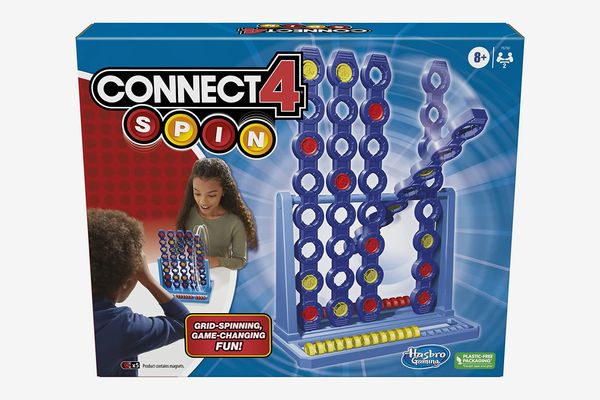Top 10 Best Board Games for Kids: Fun and Learning Combined
Top 10 Best Board Games for Kids: Fun and Learning Combined
Blog Article
Fun for All Ages: The Best Board Games for Kids and Families
Board games have been a staple of household entertainment, providing possibilities for social connection, strategic thinking, and creativity. With numerous solutions, choosing the best kids games can be quite a challenging task. That guide outlines necessary factors to take into account when choosing the very best board games to ensure equally fun and developing benefits.

Age Appropriateness
One of the first factors when selecting a board game is age the children who will soon be playing. Board games are often made with specific age brackets at heart, considering the cognitive and cultural skills common of these ages. Search for era tips on the presentation or item information to make sure that the overall game suits your child's developing stage. Activities designed for younger kids frequently function easier principles and faster playtimes, while those for older kiddies may involve more technical strategies and longer durations.
Instructional Value
Many board games present educational advantages, helping young ones build essential skills whilst having fun. When choosing a game, consider what skills it promotes—be it important considering, mathematics, studying, or cultural interaction. Games that require checking, punctuation, or technique can strengthen class learning in a fun environment. Parents and teachers usually recognize activities that blend leisure with learning, creating them a good choice for equally playtime and academic reinforcement.
Class Measurement and Connection
Board games differ somewhat when it comes to the number of participants they accommodate. Some activities were created for just two participants, while others can include big groups. Contemplate the normal playgroup measurement when choosing a game. If you usually sponsor gatherings or family sport days, look for games that can accommodate more participants to encourage conversation and teamwork. Additionally, examine the degree of cooperation versus opposition within the game. Cooperative activities, wherever players come together toward a standard purpose, may foster teamwork and transmission abilities, while aggressive activities can show balanced competition.
Play and Difficulty
The duration of gameplay may considerably affect your family's enjoyment. Some kids have smaller interest spans, making quick activities more appealing, while others may succeed in longer, more immersive experiences. Examine the common play suggested on the field and contemplate your kids' preferences. Difficulty is another important element; young kids may possibly take advantage of easier principles, while older kids might appreciate the process of more technical mechanics.
Subjects and Interests
Kiddies tend to be attracted to games that arrange with their interests, whether that's imagination, experience, or history. Choosing a game with a design that resonates with your child can enhance their involvement and enjoyment. Flick through the game's components, graphics, and story to make certain it captures their imagination.

Conclusion
Choosing the best board games for kids involves a careful factor of age appropriateness, academic value, group makeup, play, difficulty, and particular interests. By keeping these facets in your mind, you can choose activities that not just entertain but additionally subscribe to your child's progress and foster valued household memories. With the right board games , household sport evenings may become a favorite convention filled with laughter and learning. Report this page